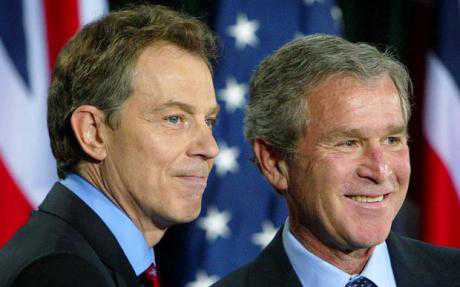By Kim Tong-hyung
Turkey will start talks with Japanese industrial giant Toshiba over its plans to build a nuclear power plant on its Black Sea coast after negotiations with South Korea hit a snag over money.
Korea’s state-run Korea Electric Power Corp. had reached a preliminary agreement with Turkish state power company EUAS in March to jointly bid for the contract to build the northern Turkey power plant, which is to be completed by 2019 and estimated to be worth about $20 billion.
However, the conflict over the plant’s price tag appears to be a significant issue, with Korean President Lee Myung-bak and Turkish Prime Minister Recep Tayyip Erdogan ending their summit in Seoul Saturday without a deal in place.
Although the Ministry of Knowledge Economy insists that the pause in the talks is just a speed bump and says that the talks will resume as soon as possible. However, Turkish Energy Minister Taner Yildiz commenting about inviting Toshiba to the picture shows that the country is open about exploring other options, which would give them better leverage in the talks with Korea at the least.
Yildiz said the talks with Korea had snagged on issues concerning financial terms, treasury guarantees and the distribution of shares in the planned company that would build and operate the plant.
“Turkey has agreed to consider some additional and renewed offers presented by us in the recent negotiations. We believe that the negotiations will resume quickly and the countries will be inking a deal soon enough,’’ said an official from the ministry’s nuclear-energy development division.
“The contract has to include financial terms related to the plant construction as well as electricity sales price.’’
Korea has been accelerating its attempt to strengthen its position in an expanding market for nuclear-plant construction and operation. The country currently has 20 nuclear-power plants, which provide around 40 percent of the country’s electricity needs.
In December last year, a team of Korean firms won an $18.6 billion project to build four power-generating nuclear reactors in the United Arab Emirates, beating out rival candidates from the United States and France.
Korea aims to secure $400 billion of contracts by 2030 as demand for nuclear plants increases. Potential deals are expected in India, Malaysia, Thailand, South Africa and Saudi Arabia.





